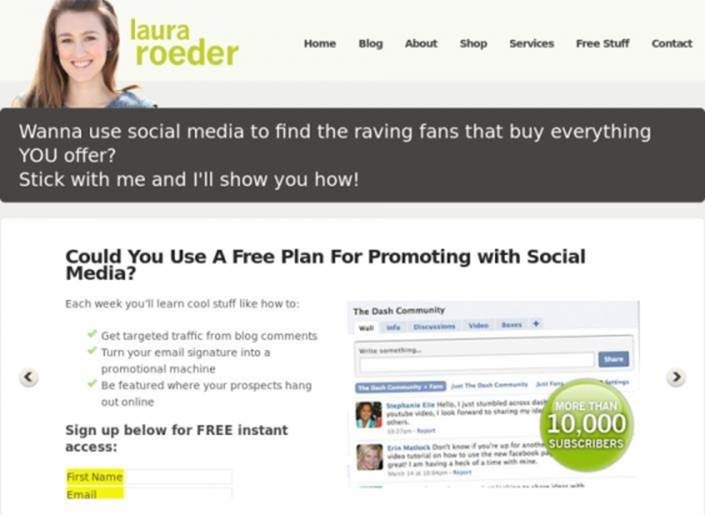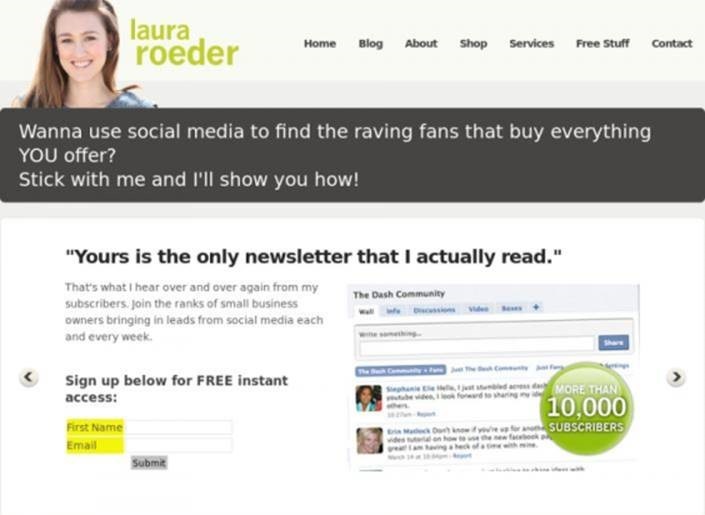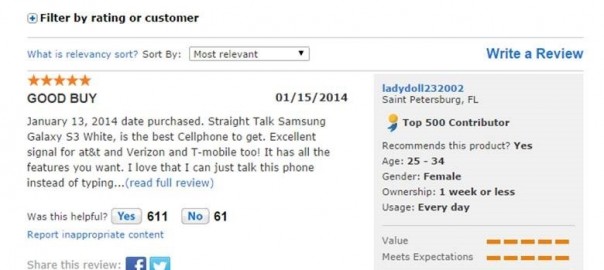![]() by Christina Fuda October 8th, 2014
by Christina Fuda October 8th, 2014
Most of us are familiar with the judicial principle that people are considered innocent unless enough evidence surmounts to prove them guilty. This judicial right comes out of basic human ethics in that it’s bad to have guilty people go free, but it’s worse to have innocent people punished for crimes they didn’t commit.
Websites, however, are not given the same ethical treatment as people. Your website is guilty until proven innocent. Perhaps it’s because according to the FBI’s yearly internet crime report, in 2013 there were 262 813 consumer complaints about online scams  , with an attached dollar amount of $ 781 million dollars. This already high number is actually a 48% increase in reported losses compared to 2012.
, with an attached dollar amount of $ 781 million dollars. This already high number is actually a 48% increase in reported losses compared to 2012.
Based on these numbers, it’s easy to understand why people have a hard time trusting websites. And because of this it is more and more important to get your visitors to trust your website if you want them to convert. The following shows how you should how to use trust signals to prove your innocence and subsequently increase conversions.
1. Add Real Customer Reviews
Product reviews are becoming a huge factor in people’s buying decisions. So important in fact that an independent study conducted by EXPO showed that 98% of Americans relied on consumer generated product reviews for their holiday shopping last year. This is just way too big of a deal to be ignoring.
So if you’re selling a product online, customer reviews are a MUST. As a best practice, just see how some of the big guys showcase their product reviews. My favorites are Walmart, Amazon, and Best Buy. The image below shows how much emphasis Walmart places on its customer reviews. (The following image only shows below the fold. Above the fold there are 3 separate locations for consumer generated reviews).
And don’t worry about having a bad product review on your site. Research suggests that bad reviews can actually be good for business. Reevoo found that 68% of consumers trust the reviews more when they see that there are good and bad reviews present compared to only 30% of people trusting reviews when there is no negative reviews  .
.

Image Credit: Walmart
2. Add Real Testimonials
If your website is not an e-commerce site, but rather a lead generating website, than a testimonial acts like your product review. The following are some tips as to how to get the most out of your testimonials:
- Use testimonials that show specifically how the product/service helped.
- Don’t edit them – grammar and language mistakes demonstrate legitimacy
- Never fake a testimonial – people can spot a fake a mile away
- Keep them under 2-3 sentences in length. Too long people won’t read it, but too short doesn’t look real. Find that good balance.
- Provide as much information as possible about the person who wrote the testimonial, including name, location, picture, or even video.You might be thinking, “Wow I don’t have this much detail for my testimonials!”. Well never fear, any testimonial is better than no testimonial. Just check out this A/B test example from Wikipedia.

Image Credit: WhichTestWon
Just adding these three testimonials without any associated names (“Good training for the work environment in Europe.”; “Very useful for practice!”; “Almost a carbon copy for the real aptitude test.”) increased conversions by 34%.
3. Trust By Association
There are plenty of well recognized and trusted brands out there that have spent years building their brand and trust in their brand. Simply being associated with trusted brands can increase trust in your brand. For instance check out MOZ’s (formerly SEOmoz) headline change:

Image Credit: Conversion Rate Experts
This title is actually very good and clearly states the benefits of getting a PRO Membership. However, check out their variation headline:

Image Credit: Conversion Rate Experts
This new title attempted to piggyback off the trust of eBay, Disney & Marriott to make their services appear to be more desirable. And, well it worked. This headline change, combined with a whole lot of other changes resulted in a $ 1 million increase in revenue for MOZ.
4. Use Security And Payment Vendor Logos
However, if you don’t have the luxury of working with large clients like Disney, don’t fret! Even using simple security badges can help improve visitor trust. Blue Fountain Media showed us that just adding the VeriSign (now Symantec) trust seal onto their form page, their conversions increased by 42%
 .
.
Image Credit: Blue Fountain Media
Other logos such as McAfee, Norton, VISA, MasterCard, and PayPal all generally have the same effect. By using these recognized security and payment logos on your site shows people that this is a credible, and secure business.
5. Trust-inducing Headline
When it comes to looking credible, always be specific when it comes to showing off your awesome facts. The best place to throw in a quick trust grabbing fact is in your headline. According to the NN group, 78% of the first three eye movements that people make when looking at a website, is to the headline. Thus, your headline is the gateway to the rest of the site. If you can capture both attention and trust in the headline, then there’s a higher chance that people will continue to explore the rest of your site.
The following shows an A/B test where the main headline was replaced with a testimonial:

Image Credit: VWO

Image Credit: VWO
As shown, the only thing that changed on this page was the headline. This change, however, led to a 24.31% increase in newsletter sign ups.
So if your business has been around for 53 years, say it. If your product/service can save people on average $ 2416 per year, say it. If you have 10 562 subscribers, say it. As long as you can back up your statement with facts, state the specifics in an easy to read attention-grabbing way.
Post from: Search Engine People SEO Blog
How To Prove Your Website Can Be Trusted (& Increase Conversions Easily)
—
Written by Christina Fuda, Search Engine People
The post How To Prove Your Website Can Be Trusted (& Increase Conversions Easily) appeared first on Search Engine People Blog.
(1005)
Report Post








